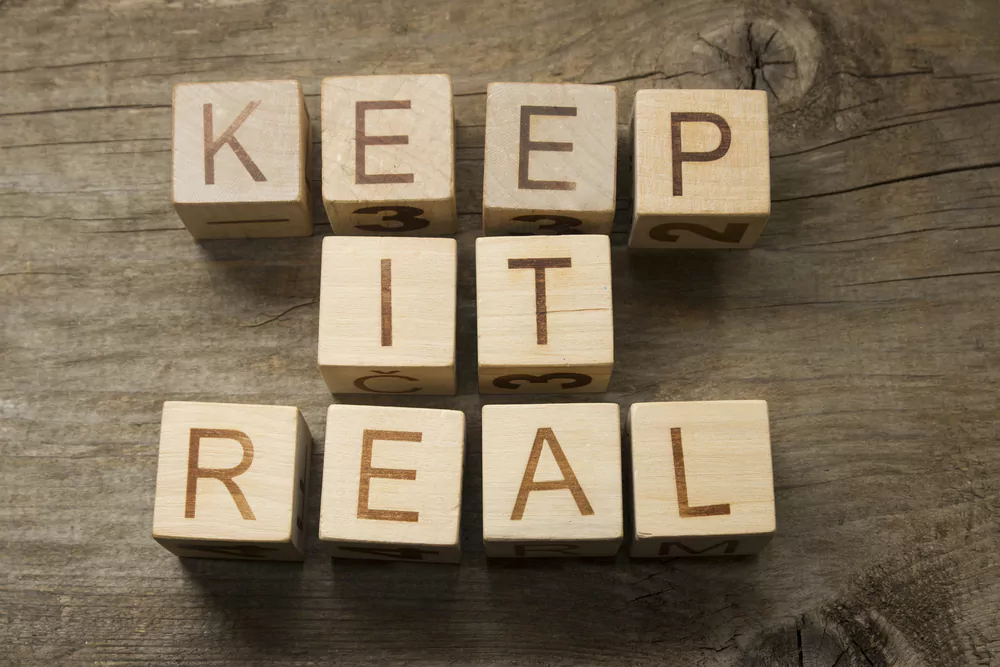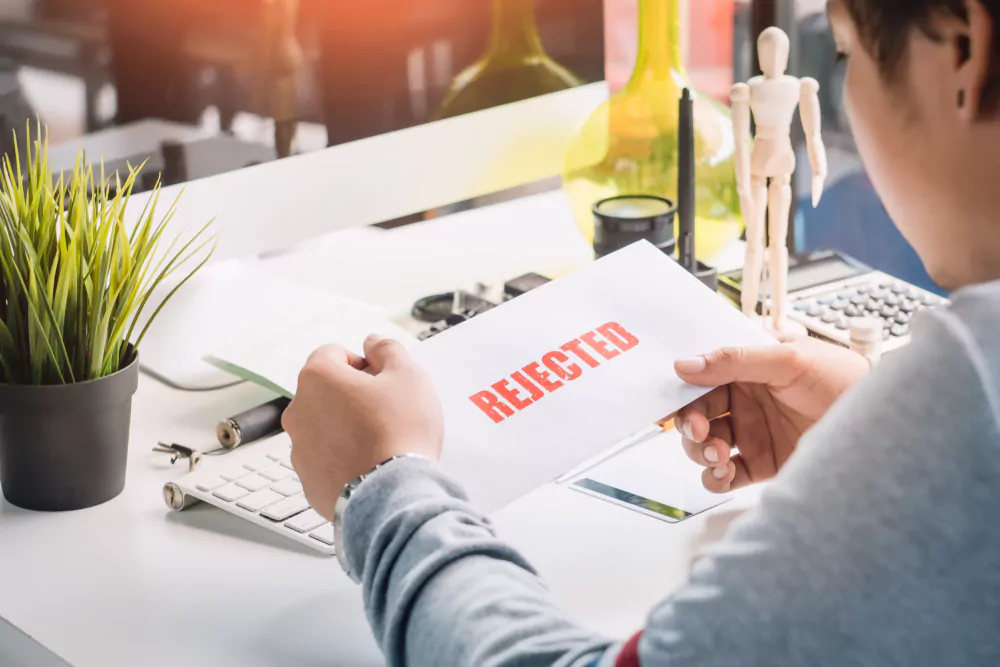How to Crack Interview? Expert Tips & Strategies

Job interviews are the ultimate test of your professional skills and personal attributes. They are the gateway to exciting career opportunities, and yet, they can be notoriously challenging to navigate. Despite their intimidating nature, with the right strategies, you can sail through interviews confidently and leave a lasting impression. This blog aims to provide an extensive guide on tips and tricks for how to crack interview.
- Expert Tips & Tricks to Crack Interview
- Understand the Job Description
- Research the Company
- Prepare and Practice
- Dress Professionally
- Arrive Early
- Body Language
- Answering Questions
- Ask Insightful Questions
- Show Enthusiasm
- Post-interview Etiquette
- Learn from Each Experience
- Dealing with Nervousness
- Stay Positive
- Highlight Soft Skills
- Showcase Your Unique Value
- Technical Interviews
- Be Authentic
- Closing the Interview
- Handling Rejection
- Wrapping Up
1 Expert Tips & Tricks to Crack Interview
Understand the Job Description
The first step towards acing an interview is gaining a comprehensive understanding of the job description. Carefully read through the roles and responsibilities, qualifications, and skills needed. The job description not only helps you ascertain whether the position aligns with your interests and abilities but also provides vital clues about what the interviewer will likely focus on.
Research the Company
Having a thorough understanding of the organisation you are interviewing for gives you an edge. Familiarise yourself with the company’s mission, vision, values, products or services, industry standing, and recent news or initiatives. This knowledge will allow you to tailor your responses to align with the company’s culture and goals, demonstrating your commitment and fit.
Prepare and Practice
Preparation is the cornerstone of a successful interview. Review common interview questions and prepare answers that highlight your skills, experience, and suitability for the role. Use the STAR (Situation, Task, Action, Result) method to structure your responses. This technique allows you to describe a situation, outline the tasks involved, discuss the action you took, and highlight the results.
Regular practice will help refine your answers, making them more concise and impactful. Consider conducting mock interviews with a friend or using online resources to simulate the experience.
Dress Professionally

First impressions matter. Dressing professionally for your interview signals respect and seriousness about the job opportunity. Regardless of the company’s dress code, it’s better to err on the side of being slightly overdressed than underdressed.
Arrive Early
Punctuality shows respect for the interviewer’s time and reflects positively on your reliability. Aim to arrive 10-15 minutes early. This buffer allows you to gather your thoughts, review your preparation, and calm any pre-interview jitters.
Body Language
Your non-verbal cues often speak louder than words. Maintain eye contact to show engagement, sit up straight to demonstrate attentiveness, and offer a firm handshake to portray confidence. Control nervous habits like fidgeting, as they can detract from your overall impression.
Answering Questions
When answering questions, strive to be clear, concise, and honest. If you don’t understand a question, ask for clarification. If you don’t know the answer, it’s okay to admit it—honesty is preferable to fabrication. Remember to focus on your achievements, problem-solving abilities, and how you can bring value to the organisation.
Ask Insightful Questions

Interviews are a two-way street. They are not just for employers to learn about you but also for you to learn about the company and the role. Asking thoughtful questions shows your interest and eagerness to learn. It could be about the company culture, expectations of the role, or opportunities for professional development.
Show Enthusiasm

Enthusiasm can be a deciding factor between two equally qualified candidates. Show passion for the role and the company. This positivity often translates into the perception that you’ll be an engaged and committed employee.
Post-interview Etiquette
Once the interview concludes, thank the interviewer for their time. Follow up with a thank-you email within 24 hours, reaffirming your interest in the role and appreciation for the opportunity.
Learn from Each Experience
Every interview is a learning opportunity. After each one, evaluate your performance. What did you do well? What could you improve? Implement these insights in your future interviews to continually refine your skills.
Dealing with Nervousness
It’s natural to feel nervous before an interview but don’t let it derail your performance. Use stress management techniques such as deep breathing exercises or visualisation to calm your nerves. Remember, it’s okay to take a few moments to collect your thoughts before responding to a question.
Stay Positive
Your attitude can play a crucial role in your interview success. Even if you feel the interview isn’t going well, it’s important to stay positive and finish on a strong note. Do not speak negatively about past employers or colleagues, as it reflects poorly on your professionalism and character.
Highlight Soft Skills
Technical skills might get your foot in the door, but soft skills can seal the deal. Demonstrate skills like communication, leadership, teamwork, and problem-solving in your responses. These are highly sought-after skills across all industries.
Showcase Your Unique Value
What sets you apart from other candidates? It could be your unique combination of skills, your experience, or your approach to problem-solving. Find ways to weave your unique value into your responses.
Technical Interviews

For roles that require specific technical skills, like programming or engineering, you may face a technical interview. Preparation should include practising relevant problems or tasks. Use platforms that offer mock technical interviews and challenge you to solve real-world problems.
Be Authentic

While it’s important to present your best self, it’s equally essential to be authentic. Interviewers can often tell when candidates are insincere or exaggerating. Authenticity helps build trust and encourages the interviewer to engage with you on a deeper level.
Closing the Interview
As the interview draws to a close, summarise why you’re a good fit for the role and express your interest once more. If the next steps haven’t been discussed, don’t hesitate to ask.
Handling Rejection

Not every interview will result in a job offer. Handle rejections with grace. Ask for feedback if possible and use it to improve for future interviews. Rejection is not a reflection of your worth but an opportunity for growth and learning.
2 Wrapping Up
Cracking the interview is about showcasing your skills and fit for the role and displaying professionalism and enthusiasm. It’s a process that requires preparation, practice, and a willingness to learn from each experience. Remember, every interview is a stepping stone towards your next career opportunity.
While the process may seem daunting, following these guidelines will help you navigate interviews with confidence and poise. So, keep refining your skills, stay positive, and you’ll soon find yourself succeeding in interviews. Happy interviewing!
Community Q&A
About This Article
This article has been viewed 501 times.



